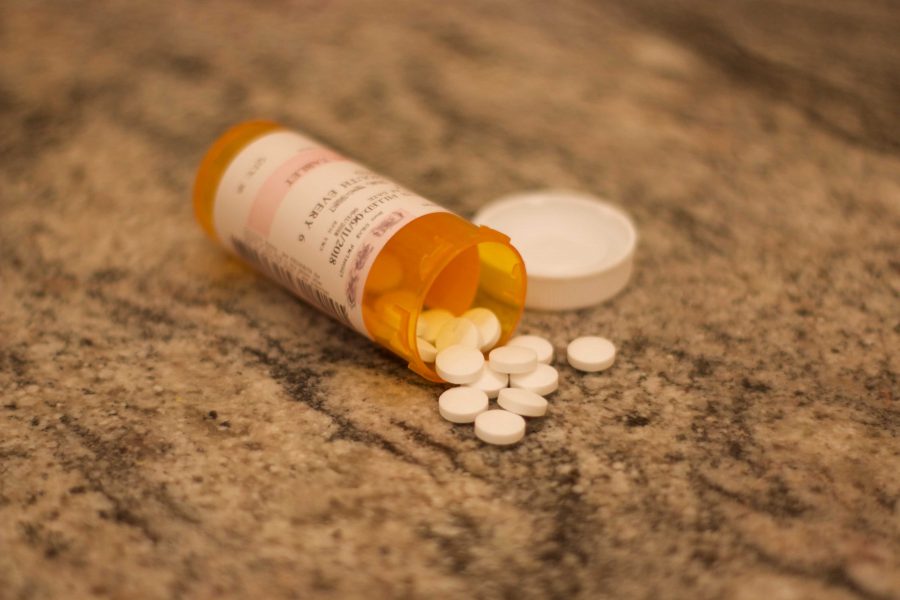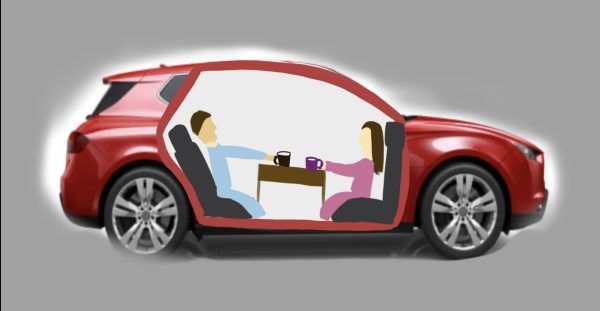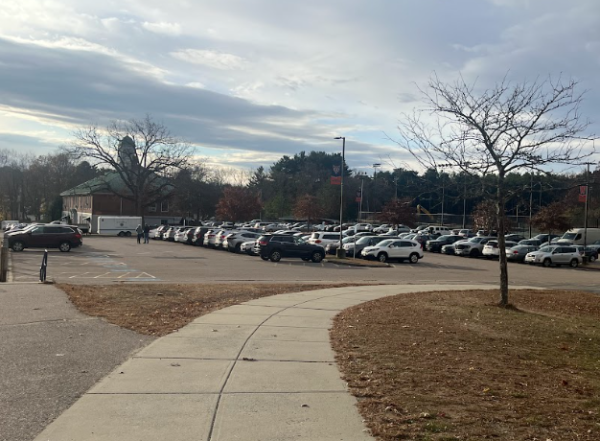More Awareness on Opioid Addiction is Necessary at WHS
Fans and loved ones are still mourning the loss of 26-year-old rapper Mac Miller, who died of an apparent overdose on Sept. 7. Although his death came as a shock to many fans, in reality, opioid addiction is a national crisis claiming lives every day. In fact, nearly 2,000 people died of an opioid overdose in Massachusetts last year, a statistic that has decreased from 2016 but still remains significant compared to prior years. With such an overwhelming number, students may feel as though they have no control over this epidemic; however, through small actions like informing others about the dangers of opioids and communicating with struggling friends, students can have an impact on this growing crisis.
At the high school, there is no unit in the health classes specifically devoted to opioids, though there is a drug unit that discusses common opioids like heroin and oxycodone. Adding an entire unit to the health classes requires completely restructuring the curriculum; therefore, schools need to take alternative measures to inform students about this issue. For the 2017 Walpole High School Film Festival, students Michaela Donato, Annie Dolan and Tara Gordon investigated the opioid epidemic in a documentary entitled “172,” a statistic marking the number of fatal overdoses in Norfolk County in 2016. This documentary is important because not only is it an example of students finding their own resources to inform both themselves and others about this crisis, but it also is something health teachers can play for their classes to localize the issue without necessarily altering the curriculum.
Last April, Christian Maki, a recovering opioid addict and interviewee from 172, spoke to Walpole High School seniors about his experience with addiction and journey to recovery. Walpole High School, by bringing in speakers like Maki, has acknowledged the current opioid crisis and is working towards addressing it at the school level to further inform students. Inviting more speakers on a regular basis is a crucial way to engage students about an important issue without having to sacrifice teaching one health unit over another. Speakers serve as a way to make the situation real and more than just a statistic in a textbook; students can see for themselves the effects of addiction. Talking to each grade before they potentially become hooked on drugs is essential, as an estimated 90 percent of addicts began by drinking or using drugs before the age of 18, according to National Institute on Drug Abuse.
Even for Miller, the warning signs that his problem was out of control were there all along: in his 2014 track “What Do You Do,” Miller rapped “a drug habit like Philip Hoffman will probably put me in a coffin” and in 2018’s “Come Back to Earth” said “‘Cause on the surface I look so fine / But really I’m buggin’, buggin’.” Although addicts’ warning signs are not always as apparent as Miller’s, there are ways of identifying warning signs and symptoms of those coping with addiction. Risky behaviors such as excessively drinking or smoking are clear warning signs of addiction, as they are gateways to drugs like opioids. Becoming aware of addicts’ changing behaviors is essential in helping loved ones seek help for their problem before it is too late. These behaviors may include— but are not limited to—asking for money, depression or suicidal thoughts, lack of interest in school or other activities and poor decision making. When in doubt, there is no harm in checking in on a friend or classmate even if they may initially resist these efforts.
Earle Donahue, a Walpole High School alumnus interviewed in “172,” began smoking weed on the weekends before eventually becoming hooked on painkillers in high school. Donahue represents one of many addicts who did not realize they have a problem until it spiraled out of control. Addicts might claim or even appear to be managing their situation or convince others they do not need help, as an estimated 95 percent of those who receive help for their addiction do not believe they need it, according to the National Survey on Drug Use and Health, but in reality many of them require medical attention. Even one conversation asking how someone is and if they need any help is all that person could need to admit their problem and seek out help for it.
Considering the extent of this problem, simply telling others to “say no to drugs!” is not a realistic solution. There are far more preventable measures that are necessary to help both oneself and others struggling with opioid addiction, as it is such a highly addictive and complex issue affecting far more people than it may appear to. And while students unfortunately cannot contribute as much to resolving this epidemic as people like government officials and doctors, there are critical actions that can be taken to prevent deaths like that of Miller and other struggling addicts.

Jess Ferguson is a senior and an Editor-in-Chief of The Rebellion. At Walpole High School, she is a director in the Film Festival and a member of the National...












